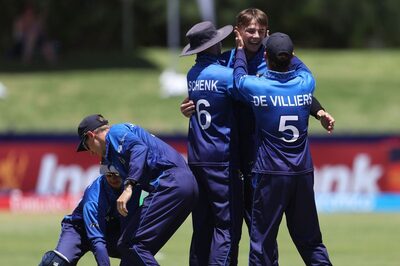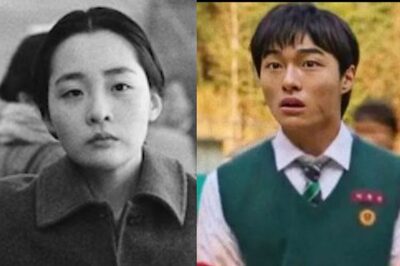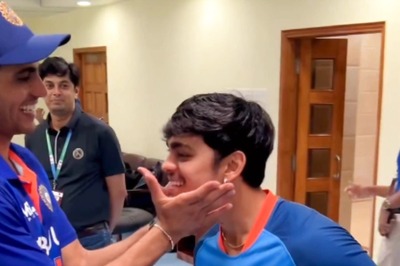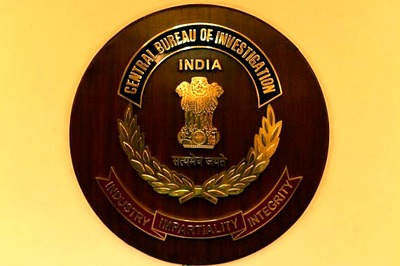
views
THIRUVANANTHAPURAM: The time is right to invest in science communication through film and television, said the one of the architects of molecular biology in India and the founder director of the Centre for Cellular and Molecular Biology P M Bhargava. He was delivering the inaugural address at a national seminar on ‘Science in Indian television’ organised as part of the fourth International Documentary and Short Film Festival of Kerala."The outcome of science and technology is now irrevocably meshed with our existence. Be it a farmer who has to deal with a tractor, fertilizers, pesticides and even the NPK ratio or a driver who has to depend on cellphones or a plumber or an electrician, technology has changed our lives and livelihood,’’ said Bhargava.Apart from textbooks, Bhargava said that the most powerful media for science communication is definitely television and films, an area that is largely unexplored. "We need a new category of script-writers for science films, photographers and directors to do science films. There are a large number of areas to make films, areas where mankind has asked a large number of questions, to which we have answers now. It is going to be very exciting,’’ said the eminent scientist.Centre for Digital Imaging Technology (C-DIT) deputy director (production) K Mohan Kumar, in his presentation on C-DIT’s experience in science communication, called for a national science grid with a digital archive and database."A national platform for science communicators with regional production centres for science videos would take us a long way forward in science communication,’’ he said.Chandita Mukherjee, filmmaker and science communicator, threw up a question whether science can be left to scientists, without any questions or transparency. "Can we let some unknown hands take decisions for us without debates or explanations? In issues such as GM Food, the public need to know the basis of factual knowledge along with political and philosophical issues,’’ she said.Chandita also questioned the notion that science is unquestionably always beneficial to society."Science communication should be able to equip the audience with knowledge and also act on this knowledge. This should enhance public participation and debates should be carried out before decisions are taken,’’ she said.Media trainer and consultant K P Madhu talked about the skills, attitudes and knowledge required for a science communicators, while film director Seema Muralidhara spoke on innovative science programmes that she had made for children.T V Venkiteswaran, a scientist with the National Institute for Science Communication, and Arvind C Ranade, who has made audio and video programmes of Vigyan Prasar, also spoke at the seminar.




















Comments
0 comment